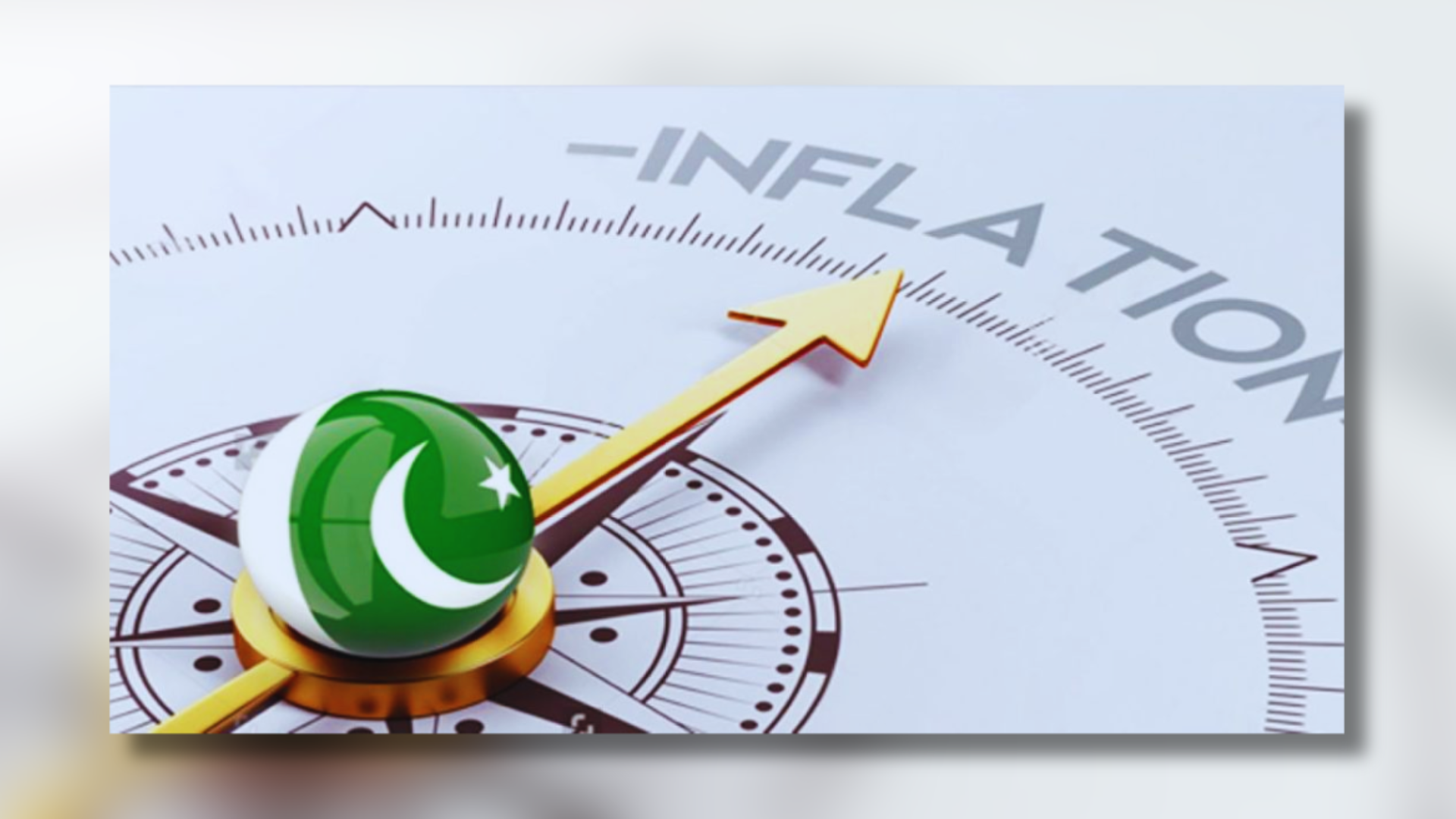Pakistan is currently grappling with its highest inflation rate in nearly half a century. In recent months, inflation has surged to as high as 38 percent, marking the highest rate in South Asia. Food inflation has spiked to 48 percent, hitting its highest level since 2016, as per Dawn’s report.
The government’s decision to devalue the currency by more than 50 percent within a year and remove subsidies as part of the latest installment of the International Monetary Fund bailout package has worsened the nation’s cost-of-living crisis.
In a country where economic difficulties frequently overshadow the daily lives of its people, the notion of fair wages has emerged as a beacon of hope. Pakistan, like many developing nations, faces the daunting challenge of addressing poverty, inequality, and social disparities exacerbated by the aforementioned inflation, as highlighted by Dawn.
At the heart of these challenges lies the issue of equitable compensation for labor. Private sector enterprises need to engage in conversations about the importance of fair wages and living incomes, emphasizing why Pakistan must prioritize this critical aspect of economic justice.
A fair wage transcends mere numbers on a paycheck; it signifies the dignity and value of human labor. It ensures that individuals can afford fundamental necessities like food, shelter, healthcare, and education for themselves and their families. In Pakistan, where a significant portion of the population grapples with financial strain, fair wages can have a transformative impact.
READ MORE
IMF Gives Nod to Last $1.1 Billion Installment for Pakistan’s Bailout Deal
Consider a scenario where a worker earns a wage that barely covers rent, let alone other essential expenses, despite enduring long hours of hard work. This scenario is a stark reality for many in Pakistan’s workforce. Without fair wages, workers become trapped in a cycle of poverty, unable to break free and uplift their living standards. This not only affects individuals but also hinders the overall progress of the country, as highlighted by Dawn.
While some may argue that increasing wages could raise business costs and potentially affect profitability, the advantages of fair wages outweigh any drawbacks. When workers earn enough to cover their basic needs, they become more productive, leading to improved efficiency and work quality. Additionally, higher wages result in greater purchasing power, stimulating demand for goods and services and driving economic growth.
Providing fair wages is not just a moral obligation but also a legal requirement. The Constitution of Pakistan guarantees the right to fair wages and equal pay for equal work. However, this right remains elusive for many, especially those employed in the informal sector or as daily wage laborers. It is crucial for both the government and businesses to ensure that this fundamental right is respected and enforced across all sectors of the economy.
Numerous organizations have implemented various initiatives to enforce fair wage policies. These efforts include establishing minimum wage standards, providing adjustments for inflation, and offering comprehensive benefits packages. Such measures not only benefit workers but also contribute to employee satisfaction, retention, and ultimately, organizational success.
It’s crucial to acknowledge that fair wages promote social cohesion and stability. When workers are fairly compensated, they feel valued and respected, leading to a more harmonious workplace environment. This reduces the likelihood of labor disputes and strikes, creating an atmosphere conducive to business operations and investment, as reported by Dawn.
Fair wages also play a vital role in addressing income inequality, a significant issue in Pakistan. The gap between the wealthy and the impoverished continues to widen, exacerbating social tensions and hindering upward social mobility. By ensuring that all workers receive equitable compensation for their labor, Pakistan can take meaningful steps toward bridging this divide and fostering a more just society.
It’s important to recognize that ensuring fair wages isn’t solely the responsibility of the private sector; the government also plays a crucial role. Through policies and legislation, the government can create a conducive environment for fair wages to thrive. This includes enforcing minimum wage laws, advocating for collective bargaining rights, and providing incentives for businesses to embrace fair wage practices.
Investing in education and skill development is essential to equip workers with the tools needed to command fair wages. By enhancing access to quality education and training programs, Pakistan can empower its workforce, improve productivity, and enhance earning potential.
The importance of fair wages underscores the need for Pakistan to prioritize this critical issue. By ensuring that all workers receive equitable compensation for their labor, Pakistan can pave the way for a more equitable, prosperous, and sustainable future for all its citizens, as highlighted by Dawn.
ALSO READ
Three Individuals Arrested By Delhi Police For IPL Match Betting


















